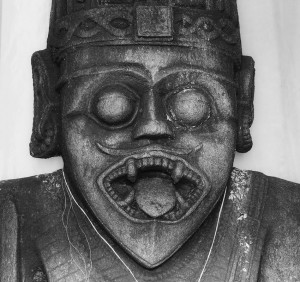
Every time I visited my grandparents’ house in Salcette Goa, I would accompany Thomas, who worked in our house, to the shrine outside the village. In reality there was no temple or a shrine or even an idol at the spot, but a huge Banyan tree with a hollow base which looked like it was the entrance into a tiny cave. Unlike other temples where there is an idol which is decorated with flowers and perfumes and the place is buzzing with devotees, this shrine was stark, empty and devoid of any decorations. However, there were signs that oil lamps were being lit regularly as dark soot had blackened the roots of the Banyan tree.
Every Wednesday, we would walk up to the village boundary where the tree was located with a bottle of country liquor and a roti or bread made of husk with a preparation of meat placed on top. We would also carry a small bottle of oil to light the lamp. I had also seen people leaving leather shoes and rough woolen shawls (kambal) under this tree. Thomas would light the lamp and then ask me to place the food and liquor at the base of the tree. Our offerings were always made after the sunset. Before leaving we would fold our hands in reverence, circumambulate the tree once and quietly walk away without talking. Thomas would warn me not to look behind.
Curious about the entire proceedings I once asked my granny: “For whom do we carry this food?” She said, “He is our Rakhno.” Rakhno in the language of the region (Konkani) means protector. A guardian spirit. For us Rakhno was a village spirit who protected all of us. We worshipped him and at the same time feared him.
No one knew how he looked but there were many opinions — some said that he was a tall man who was dressed like a shepherd. He wore a woolen shawl on his shoulders and carried a wooden staff. Some believed that he carried a sword rode a horse and always moved with a band of followers. What everyone agreed on was that he had a fearsome gaze and that if you looked into his eyes you would either end up dead or crazy.
My mother had her own story of Rakhno which I have tried to tell in her words, as I remember it:
“Once I and my friend went to the riverside to play. The river was little distance away from the centre of the town. We were there a long time and got so busy gathering pebbles that we did not realize that the sun had set and night was approaching. We were alone and the darkness made us afraid so we began to cry. Suddenly we heard a male voice calling out to us. “What are you two girls doing so late in the evening?” His voice was rough and commanding.
Frozen with fear, we could not speak. We could not see him but the voice was clearly emanating from a few feet away. He rebuked us for being out so late and said he would drop us home. “I will walk behind you” he said. “Now get moving”, he ordered.
We clutched each other and began walking. We could hear the sound of leather shoes marking the road behind us. It was a peculiar sound, that which you hear when someone walks in a new pair of shoes. He was probably carrying a wooden staff which he banged on the ground with every step he took. His footsteps were very heavy so we presumed he must be a tall man. We reached my friend’s home and the sound of the staff stopped. In a gruff tone he asked my friend to run into her house. “Don’t look back”, he warned. I realized I was all alone. I could see the lights of my house in the distance. I began to run but my feet were getting heavy. I was sweating and panting profusely and as soon I stepped onto the doorway I collapsed. I don’t remember anything after that…”
My Granny believed it was Rakhno who had safely brought her daughter home. Since then she had set up this practice of sending food to this village deity every Wednesday.
Story Collected by : Vidya Kamat
Told by : Sitabai Pai Panandiker
Location: Salcette . Goa
Tags: Village spirit God, Rakhno, Village guardian, belief, meat, food offerings,







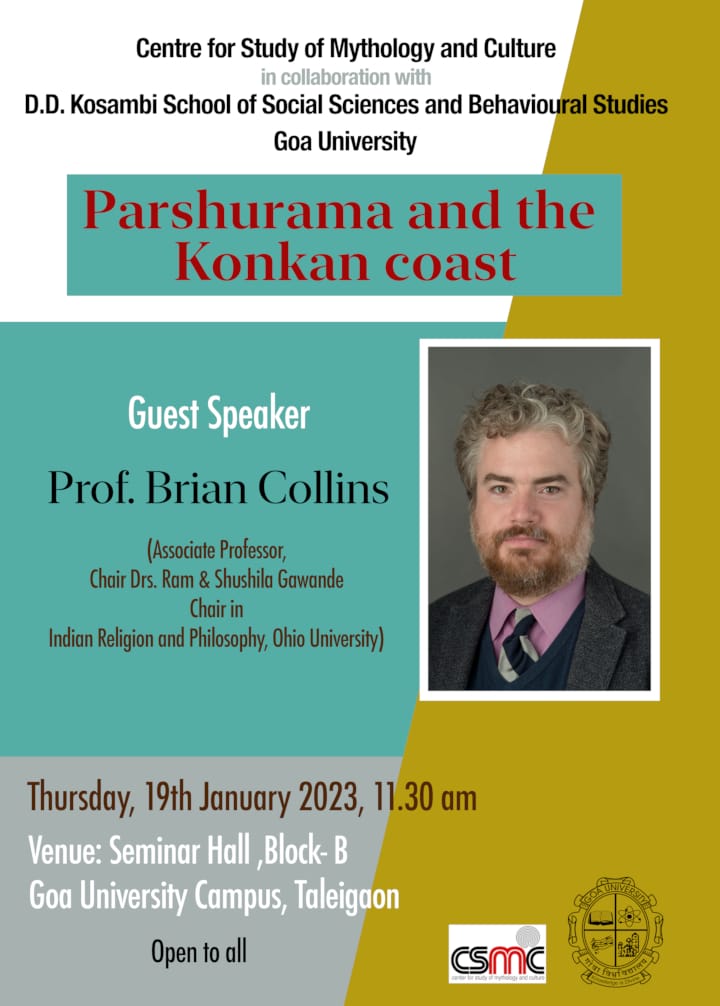
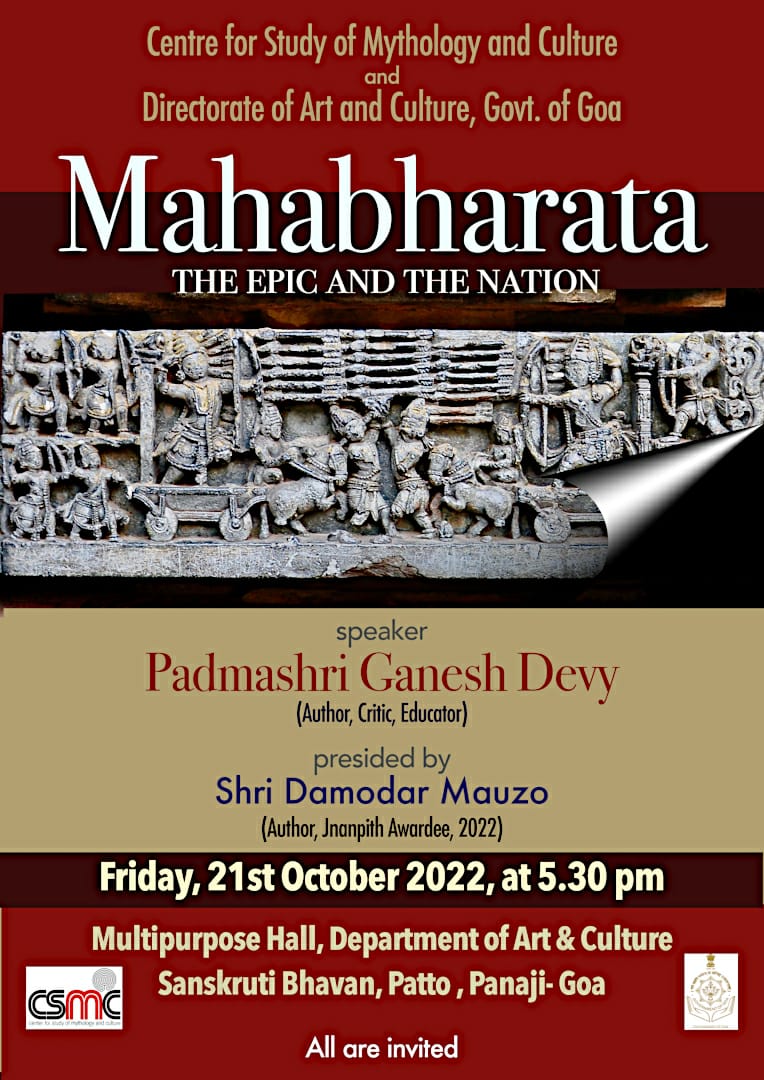
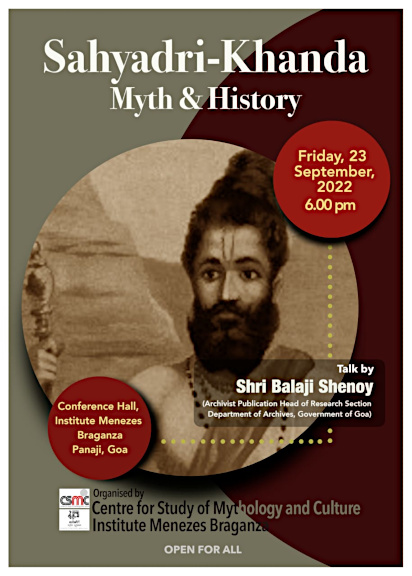
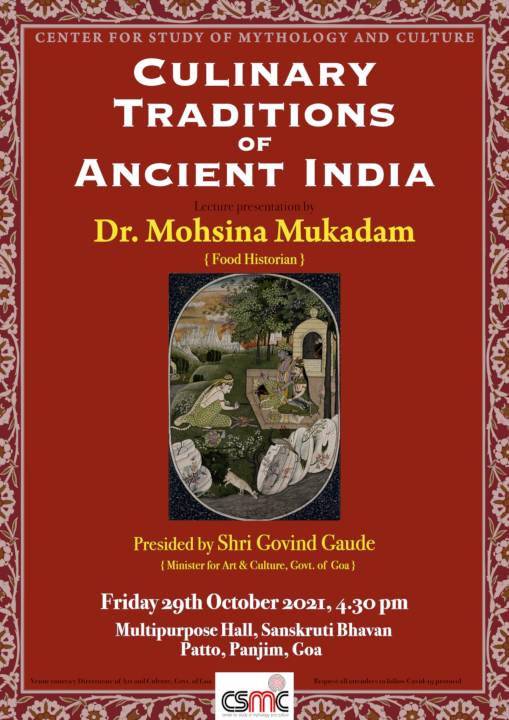

Do u know of such similar tales in Merces or St. Cruz??
Not specific to Merces or St. Cruz. But these are common beliefs found all over Goa.
My grandmother always spoke about Rakhno. We even had a story about it in school called ganvpurus. Honestly, I don’t believe in superstitions. But as the saying goes, “seeing is believing”. it was the last day of carnival in the year 2009. I was coming back home with my sister & cousin from an interview. I just happened to see a flash of 2 very tall guys walking on the street in chandor. They dissappeared we’re very tall & disappeared within a second. At first I did not believe until my sister spoke about it. As well as my cousin who was on a another bike. We looked for them again but never saw them. It was an amazing experience.
I have heard stories of Rakhno twice, Goa is my native place so I go there with my family every year. The first story that I heard about Rakhno was from my aunt, she said that they were living in MTDC and at night, past the dinner time, they were chilling at the stairs of the villa/room and saw some being running. that being was running from one side to the other ( let’s say, from left to right) and as that being ran, the height of the being increased till 10/12 ft tall and it vanished in the thin air.
the second story- during my another family vacation in goa, we hailed cab and the cab driver was a chatty mouth, so I asked him if it’s true that goa is a haunted place indeed, his enthusiasm dropped in that very sec, his face got serious and he said that he rather not talk about it. I love to hear real life haunted stories so I told him about the first story about Rakhno and asked him, if it’s true? He agreed saying he had a similar experience in his early 20’s. he said that he was on a bike, passing through the village and he saw a tall man with a fierce expression, the man asked him to turn away and go back, but the young cab driver denied and disrespectfully said that he won’t go back. to that, the tall being (Rakhno) threw him with a force so hard that the cab driver flew half a block far and almost broke his hand and his bike was thrown to the other side.
after telling me this story he told me that if you ever come across Rakhno, never act smart, do what he says, get out of his way.
Thanks and appreciate your response. Do keep reading
I live in Sinquerim, the smallest village in the smallest state of India. It is a very beautiful village in-terms of its nature as well as its history due to Fort Aguada. During the day, many tourists and locals from other villages visit it to witness its beauty, but little do they know that at night, it is one of the most spooky villages in Goa. Our village ancestors have passed down the tales of the supernatural experienced by them in their younger days. Among these horror stories, there lies the story of our village Rakhandar who goes by the name Gageshwar. He is said to be a very powerful supernatural entity and is mostly portrayed as an old tall figure that carries a wooden staff and has chains or ghungroos on the feet. Villagers have said to hear a clanking sound at midnight, that of a person walking heavily. They also believe that the Rakhandar has a particular path that is followed in the village and if that path is blocked, misfortune shall befall whoever is responsible. I recently sat with my Aunt who’s down from Germany and she mentioned to me about a very important note that she remembers from her childhood. If you’re ever out at midnight and you happen to hear the sound of clanking coming behind you, do not look back under any circumstances because it is not just the Rakhandar that you will see, but the evil spirits (portrayed as weird deformed reptilian like creatures) that follow close behind him.
Thank you for sharing your experience.